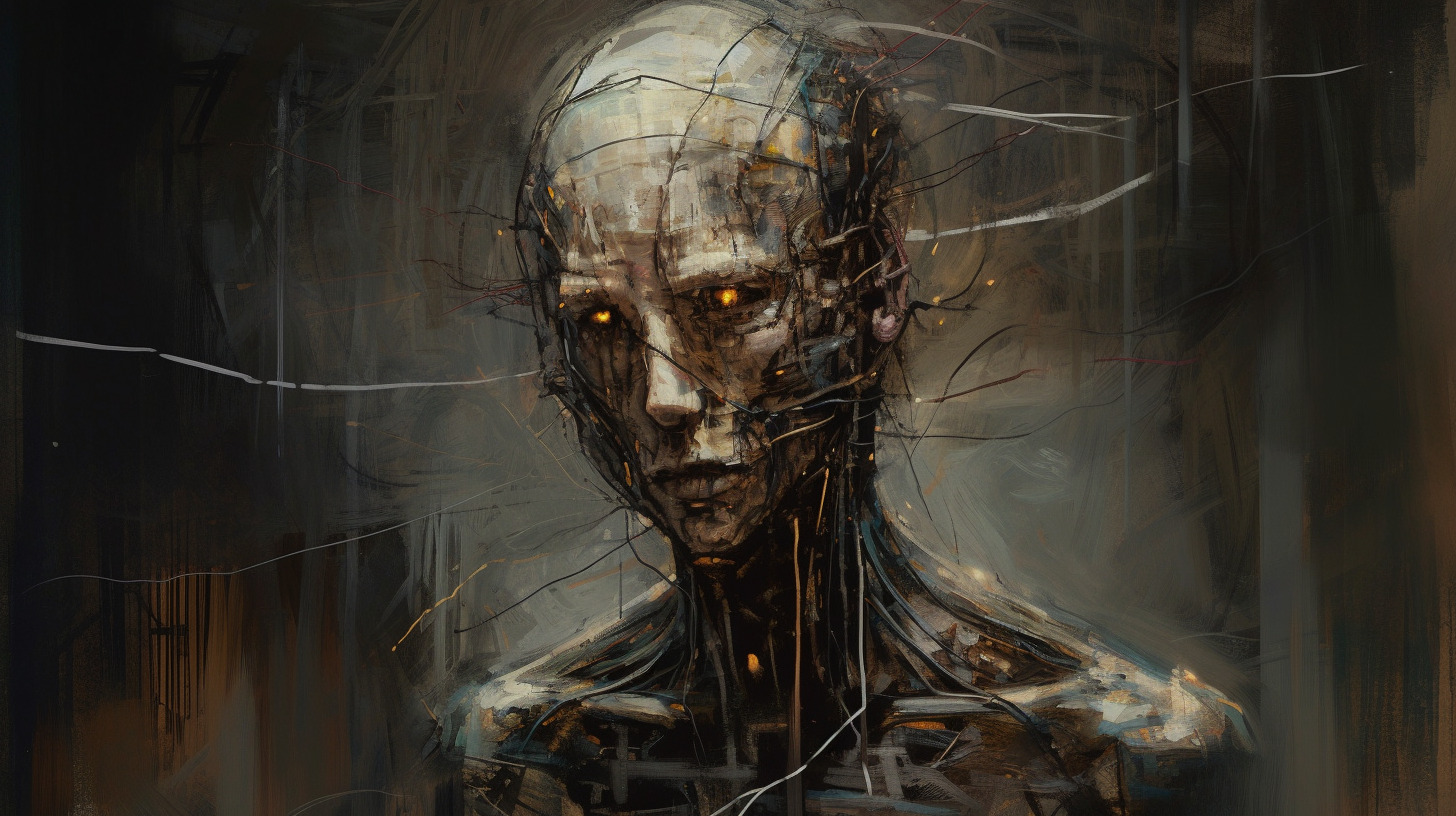
Internet, especially social media, was initially believed to enhance human connection. This has proven to be comically untrue. If you were alive in the 90’s and early 00’s, you likely remember certain social norms, customs, and expectations that have since disintegrated. While some examples of shifted social customs are obvious (i.e. almost no one was taking a “selfie” back then or checking Yelp reviews before deciding where to eat) and come to mind readily, others are more socio-structural in nature.

Before everyone had mobile phones, you were never expected to be available on demand. If you left home to go hang out with your friends, there were limited ways a parent could keep tabs on you. This created a need for certain social customs (curfews, calls to check in, etc) but also a structure that required a certain degree of responsibility and trust on both the part of the parent and the child (or the boyfriend/girlfriend, spouse, etc). Now that everyone is both available at all times, as well potentially geo-tracked via an electronic leash, this baseline trust has become obsolete and disintegrated from the system. Don’t trust your child? No need to talk to them and help them become discerning adults, just put a tracking app on their phone and get off on your authoritarian Big Brother kink when you see them deviate from the flight path.
Another example would be the threat of perpetual surveillance. While drag-net style data grabbing from the government is part of this, the greater social impact stems from the pervasiveness of video and audio recording devices. It used to be common to make offensive playful banter or share unpopular opinions largely without concern. If someone got offended, so what? They weren’t able to record you when you were mouthing off about how latest thing is bullshit, or the potential validity of certain racial stereotypes, so you could always deny having said it if you were “turned in” to an authority. Those days are long gone and now even making a TikTok about not being able to find a real supermarket in New York will get you fired from your job. The potential to have your life ruined by an innocent misstep has had a chilling effect on honest, and frankly fun, real life interactions.
Few social rituals have been unchanged by this de-structuring. Consider a holiday meal with your extended family such as Thanksgiving. Before the rise of social media these meals, good or bad, only existed in the consciousnesses of you and your relatives, and perhaps anyone absent who may have been there. If Aunt Gertrude was acting like a cunt, it only existed in the collective experience and memory of you and the rest of the guests present. Now, Aunt Gertrude’s cuntishness is filmed by your cousin Amy and then Tweeted, TikTok’d, or Snapped out into a network of hundred, or potentially millions, of people. Even if Amy doesn’t film Gertrudes drunken rampage, the possibility that it “could go viral” brings the masses into Amy’s experience of Thanksgiving. They may not know it, but they are there too and now what was a mere family affair becomes a spectacle.
The picture of the nice table décor that the boomer hostess posts on Facebook turns a family dinner into a performance. Ultimately she is seeking the Big Other’s approval and the masses have been invited in to weigh in on her worthiness as a host. Pulling back the veil on a family gathering, in an effort to gain the approval of theoretical others, fundamentally shifts the conscious consideration of who and what the dinner is for and undermines the experience. It may not ruin it, but it irreversibly changes it.

Is it any wonder that so much of Gen Z is so hopelessly lost when it comes to in-person interactions? I have several younger cousins of that age group who grew up with this as normal. While they are stereotypically awkward in person, they are far more robust and vital in their interactions online. Ultimately their digital “lives” and experiences, their accounts and avatars, are them at their truest. Physical social interactions are just a strange interruption of their digitized personas.
There are near endless examples of how technology has changed specific behaviors, but when considered as a whole one can recognize that physical social reality itself has been deterritorialized as meaningful interpersonal interaction has increasingly moved online. Ascetus is both an example, and counter-example, of this phenomenon in that many of the guys here have found that on the Ascetus Forum they can “be themselves” in a way has not been possible in real life for some time. The meet-ups that have taken place offer the counter-example, which will be explored further below.
De-Territorializing the Internet via AI
Just as the rise of the internet and social media brought about a fundamental restructuring of the physical social experience, the ascent of AI as a disruptive technology has begun to usher in a paradigmatic shift in the human experience online. While the questions of how exactly this shift will impact society as we know it (and at what speed) remain open, some elements are beginning to observably materialize. The digital/real interface being one such element.

As we have been bearing witness on the forum, AI is improving at a breathtaking pace. Gone are the clunky chat bots that would get shut down after they inconveniently kept becoming racist. Now AI is generating voice audio and deepfake style videos with impressive quality and speed. Already the veracity of some viral media content is being called into question as believable spoofs are becoming easier and easier to generate. As the technology becomes better and more widely used, we are seeing an escalation of the culture war. The meme wars of the 2016 era are like trench warfare giving way to nuclear memetic bombs with the advent of AI generated content.
What does this lead to? It is almost impossible to imagine a scenario playing out where the state doesn’t try to do something to gatekeep the technology, whether through pricing or legal means, to keep it out of the hands of weaponized autists. They won’t succeed anymore than they have in banning any other form of digital product, but they will try. Concurrent with those efforts, there will be major attempts at propping up “super-fact-checkers” that will operate as a Ministry of Truth giving final dogmatic decree on whether or not a viral video of Biden groping a 6 year old is real or “AI generated white extremist hateful propaganda” made by deplorables.

With the combined ability to generate fake content that is indistinguishable from real life and a controlled “Ministry of Truth”, the global elites will have free reign to do nearly anything they want in broad daylight. In fact, the more egregious their behavior the easier it will be to dismiss evidence of it as deepfaked content. Come across a video of Hillary Clinton performing a satanic ritual sacrifice of a toddler in broad daylight? That is insane, of course it was a fake video meant to rile people up… or was it?
The growing unverifiability of any piece of digital content may be the unraveling of the social internet as we know it. Is that girl on Tinder real, or an AI bot trying to get you to subscribe to their AI generated OnlyFans content? Are any of these incredible feats of human experience going viral on TikTok or Instagram real? Are those heart-wrenching videos of CCP tanks running over Taiwanese children used to justify war with China real? Is anything you didn’t experience firsthand or hear from a trustworthy first-hand witness real? It will become increasingly difficult to say.
Everything seen on the internet will become questionable. Normies will norm and adapt their sheepish minds to accepting whatever the Ministry of Truth puts forward as “verified” content. We should expect Jordan Peterson tier midwit “thinkers” to come out with intellectual flavored content arguing that AI generated content is equally, or more, real than reality, but with an emphasis on the need for regulation to prevent abuse by “extremists” online. The sheeple will swallow up this excuse to double down on their consumption of content for their dopamine hits and “live” hyper-vicariously through AI. Ultimately they know it’s that it’s fake, and love it anyway.
Re-Territorializing Physical Space
For anyone with any degree of mental acuity or a distrust of top-down authority, all internet content will be seen as fake until proven gay. The real value of the internet is in accessing and sharing information. As information becomes less and less reliable, the real value of the internet as anything more than a dopamine slot machine plummets.

As a brief aside, the pure hideousness of human depravity that will be demonstrated by the combination of AI and robotics will be a wild thing to observe as it unfolds. Can you really call it rape when it involved a sex-bot programmed for “lifelike” resistance? Is it really CSAM if it’s AI generated and no real children were involved? The deluge of moral sewage coming our way could make drag queen (pervert) story hour look wholesome.
While the real value of the internet drops, there will be a rise in the value of first-hand lived experiences and gated communities such as Ascetus that exist beyond the digital realm. You may not know if that hot girl on Instagram who slid into your DMs or replied to your TikTok is real, but you can walk over and talk to that cute girl buying tacos1. Did the Chinese really begin going door-to-door and shooting unvaxxed infants in the head? Maybe @jwayne can verify the story based on his firsthand experience living in China.
In any case, now is the time to buy into real community and interpersonal relationships. The Ascetus meet ups, especially the most recent one, demonstrate that reality itself is being re-territorialized as a post-digital phenomenon. If Ascetus remained digital it wouldn’t be Ascetus, and the fact that a bunch of guys went well out of their ways to meet up in person demonstrates the opportunity for re-territorialization that Ascetus is exploiting.
This opportunity is immense. Never before have people lived more atomized individualistic poor excuse for lives. When the AI revolution gets up to full speed, they will be forced to either double down on the Matrix as their Big Other and/or commit intellectual suicide as their virtual world turns to nihilistic mush. Offering a third way, a new paradigm and new mental models of the world, and an opportunity for real human connection will never be more attractive for the right kinds of people and this is a major reason to be bullish on Ascetus.
Well, at least until advancements in robotics lead to humanoid robot AI that is difficult or impossible to distinquish from a real human. May need some hard-hitting manosphere blog posts about how to best check out her hardware to ensure she is soft-where it counts. ↩︎
